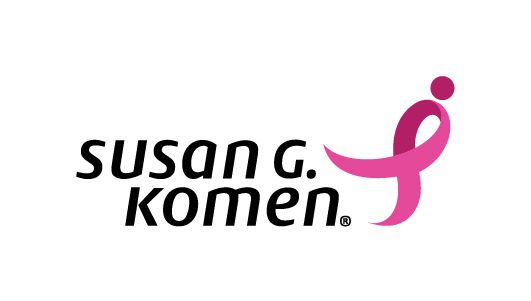
My Journey as a Male Breast Cancer Survivor

Men need to be self-aware for one obvious reason: chances of survival are normally greatest with early detection. I am one of those men who has survived breast cancer, and I am proud to share my story during Men’s Health Month.
Breast cancer is a disease that does not discriminate. Although rare, men can get breast cancer. About 1 in 833 U.S. men are diagnosed with breast cancer in their lifetime; that’s about 1% of all breast cancer cases.
I am one of those men who has survived breast cancer, and I am proud to share my story during Men’s Health Month.
Men need to be self-aware for one obvious reason: chances of survival are normally greatest with early detection. A man typically finds out he has breast cancer later because there are no screening mammograms or clinical breast exams performed routinely, unless he is identified as being at-risk.
My daughter jokes that my “hypochondria” saved my life. One afternoon, I found a lump and saw my primary health care physician; he felt it and immediately suspected breast cancer. He sent me for screening tests right away, and later that day I was diagnosed with breast cancer. The ultimate diagnosis was stage 2, with one affected lymph node.
If I had discovered it a bit later, who knows what my prognosis would have been?
I began my treatment with a double mastectomy in July. I then had an additional surgical procedure to remove lymph nodes from my left arm. I underwent chemotherapy from September through January — four doses of AC and twelve doses of Taxol. This was considered an aggressive form of chemotherapy, but it was necessary for me to beat this disease. I stayed on tamoxifen for ten years after chemotherapy.
Looking back, it was an odd experience to be a male with breast cancer. When my wife and I were at the surgeon’s office for an appointment, everyone assumed that I was there for my wife; when they called out my name in the waiting room, the other patients looked a bit stunned. At fundraisers, people would ask me if I was there supporting my wife. I would tell them I was there for me, and they would say, “you?” in disbelief.
There’s not a lot of experience with male breast cancer. There apparently are not enough men diagnosed for significant studies or clinical trials. I was told that I would be treated as a post-menopausal woman. While going through my own treatment, I relied on my family for support. There were few websites and support groups aimed towards men facing this disease. Luckily today, Susan G. Komen hosts free, 12-week telephone support groups for men with breast cancer (1—877 GO KOMEN).
My journey with breast cancer is so much larger than myself. The BRCA2gene is a big part of my story, and now my family’s health history. My experience made us all aware of the genetic issue discovered after I was diagnosed. Unfortunately, everyone in my family who has been tested so far has come back positive for the BRCA2 gene.
There was no history of breast cancer in my family before I was diagnosed. Older family members had other types of cancer; being diagnosed, and testing positive for the BRCA2 gene, took everyone by surprise.
My family members would not be aware of their individual risk if I hadn’t gotten sick. My wife looks at it as a gift of knowledge that I gave to my family by virtue of my illness. My family members have the tools to be breast self-aware, allowing them to make proactive decisions about their health.
Men should be aware of breast cancer and family history. If your family has a history of breast cancer, it may be worth getting tested; now genetic screening tests are covered by insurance. Once you get tested, it may be a question of what you do with this information, and that is a great conversation to have with your family and your health care provider.
I have been a dedicated member of Susan G. Komen Central and South Jersey’s Board of Directors for over 4 years, where I feel supported by my fellow board members who are also invested in the fight against breast cancer. My colleagues at
I share my story in the hopes that those facing breast cancer can feel included and supported. Male or female, old or young, actively receiving treatment or supporting as a caregiver — there are resources for you. You are not alone. Visit




